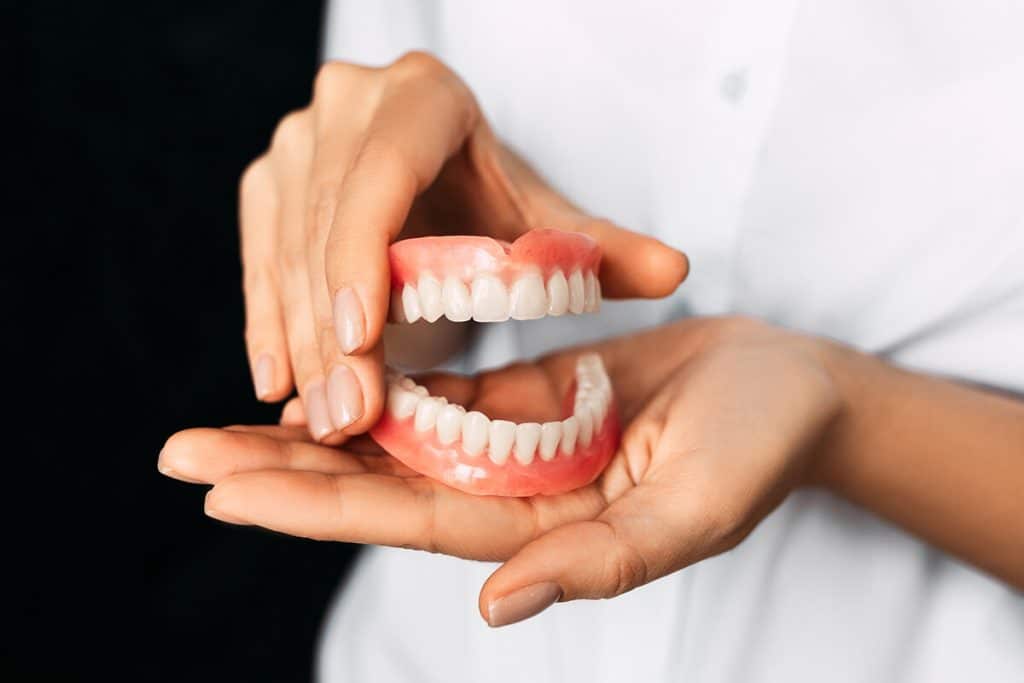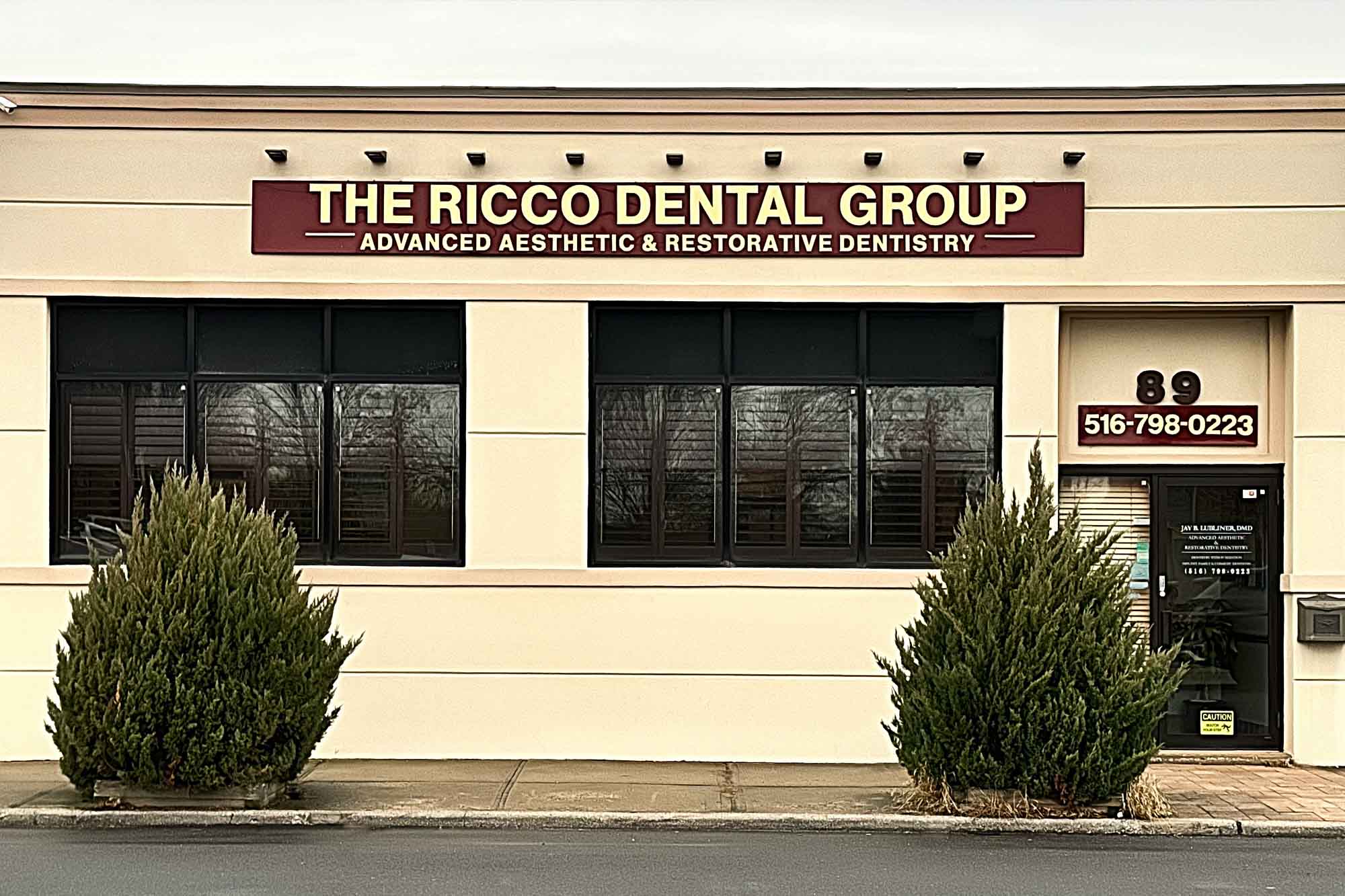Traditional vs Implant Supported Dentures

Dentures are removable dental appliances that replace missing teeth and help restore your smile. If you’ve lost all or most of your natural teeth, whether from gum disease, injury, or tooth decay, replacing them will benefit your health and appearance alike.
What are traditional dentures?
Traditional dentures are removable teeth replacements designed to look like natural teeth. They’re durable and long-lasting, and they can be taken out at night or when you want to clean them.
Two types of traditional dentures are available—full and partial. Full dentures replace all the teeth in your mouth by sitting on top of your gums and jawbone. Partial dentures are used when you still have some natural teeth remaining.
If you need full dentures, you’ll likely get a set of dentures as soon as your last tooth is removed (“immediate dentures”) but before your gums heal completely.
If you get immediate dentures, your dentist will usually take measurements and make models during a preliminary visit to ensure a good fit with your gums and jawbone once healing is complete. Patients who opt for immediate dentures should expect to have them relined or remade after their mouth has healed for optimal comfort and fit.
What are implant-supported dentures?
Implant-supported dentures are a type of overdenture supported by and attached to implants. An implant-supported denture is used when a person doesn’t have any teeth in the jaw but has enough bone in the jaw to support implants.
Implant-supported dentures affix to attachments on the implants. They’re removable like traditional dentures, but they aren’t as loose because they snap onto the implants. Implant-supported dentures hold your teeth firmly in place, so you don’t have to worry about slippage. They can be removed for cleaning and taken out at night.
Implant-supported dentures are considered a more permanent solution than traditional dentures since implants are designed to provide a lifetime of support for your teeth and gums. They’re durable and will last many years but may need to be readjusted or replaced due to normal wear.
What are the advantages of implant-supported dentures?
Implant-supported dentures have several advantages over traditional dentures, including:
Improved stability. Implant-supported dentures offer better support and more security than traditional dentures. The implants fuse with the jawbone, which provides a stable foundation for the teeth.
Because implants are placed in the jawbone, they work like natural tooth roots and provide a firm fit for replacement teeth. This helps eliminate the slippage that can occur with traditional dentures.
Improved speech. A secure fit means you don't have to worry about your teeth slipping while talking or eating.
Easier eating. It can be hard to eat certain foods with traditional dentures if your denture is loose or ill-fitting. Implant-supported dentures give you back the ability to chew food easily, making eating more enjoyable again.
Improved oral health. Because implant-supported dentures rely on implants rather than adhesives to stay in place, there is no need for messy pastes or adhesives.
Because implant-supported dentures fit so well and look natural, many patients find this type of restoration increases their confidence compared to traditional dentures.
Disadvantages of Implant-Supported Dentures
If you’re considering implant-supported dentures, you should know a few things first. Like all dental procedures, they have their own set of disadvantages. Following are some of the most common concerns people have when considering this treatment option:
Cost. The overall cost of implant-supported dentures is higher than other options. However, it's important to remember that implant-supported dentures usually last longer than traditional dentures, so the costs will likely even out over time.
Surgery. Implant-supported dentures involve oral surgery to place the implants in the jawbone to which the dentures will attach.
Adjustment period. Since they feel different from regular dentures, It may take some time to get used to your implant-supported dentures. Once you do, you’ll probably appreciate the extra stability the implants provide.
Learn More About Denture Options
Dentures are a viable option for many patients. Speak with your dentist to find out whether dentures or implant-supported dentures are the better option for you.
If you're considering dentures, please contact us today to schedule your consultation. We look forward to seeing you in our comfortable, state-of-the-art office for a comprehensive visit where we can address all of your questions and concerns.




